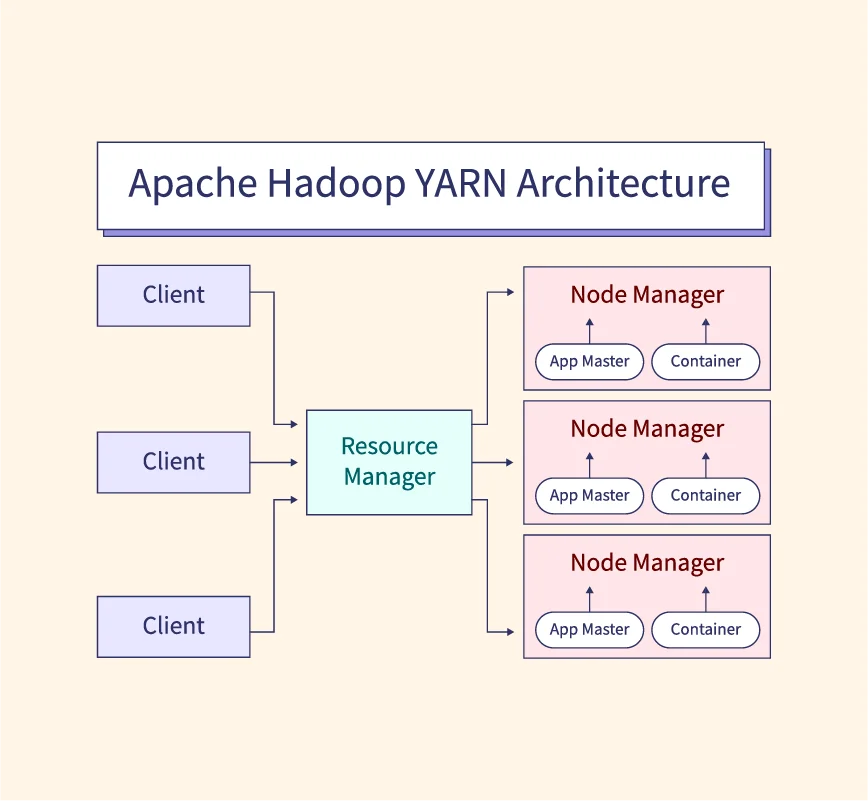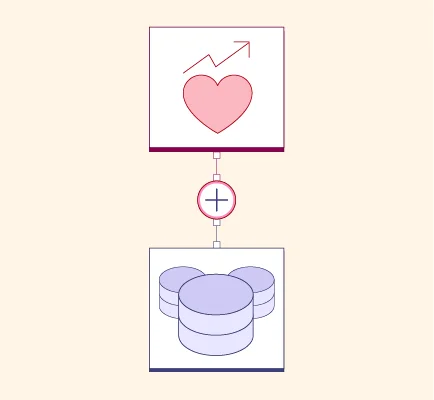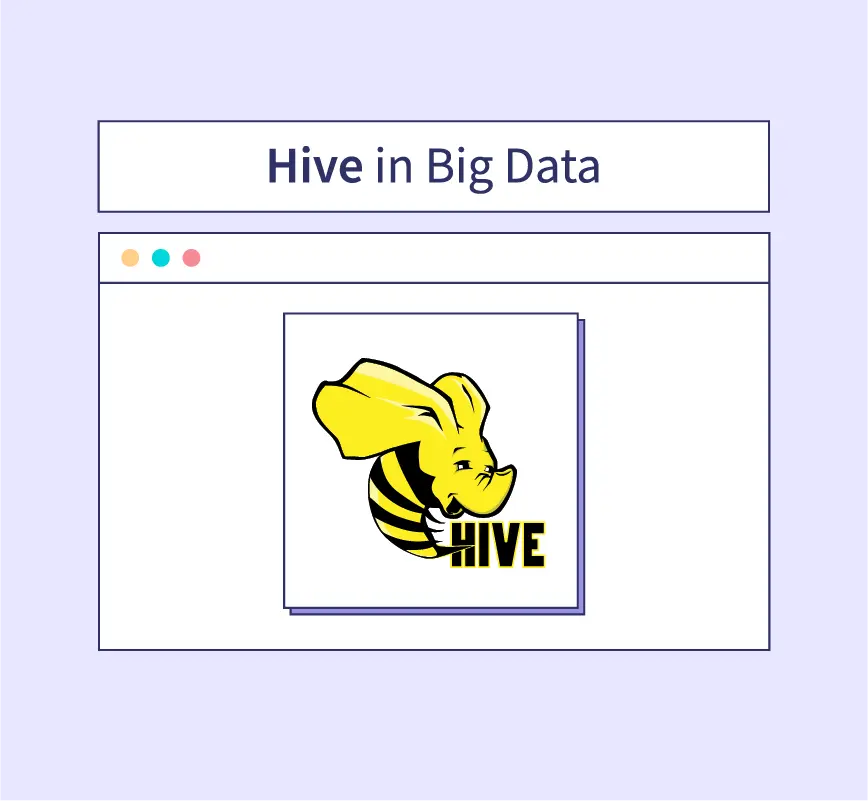Artificial Intelligence (AI) and Data Science are two of the most transformative fields in today’s technological world. They power innovations across industries, shaping how businesses operate and decisions are made. While both domains focus on analyzing data and automating processes, they serve distinct purposes. This article will help beginners understand AI and Data Science, their differences, similarities, and the exciting opportunities they offer.
Understanding Artificial Intelligence
Artificial Intelligence (AI) refers to the simulation of human intelligence in machines that are designed to think, learn, and make decisions. It focuses on creating systems capable of performing tasks that typically require human intelligence, such as recognizing speech, solving problems, and making predictions.
Core Concepts of AI:
- Machine Learning (ML): A subset of AI that enables machines to learn from data without being explicitly programmed.
- Natural Language Processing (NLP): The ability of machines to understand and process human language.
- Computer Vision: AI techniques that enable machines to interpret and process visual data from the world.
Understanding Data Science
Data Science is an interdisciplinary field that focuses on extracting meaningful insights from large volumes of data. It combines techniques from mathematics, statistics, computer science, and domain expertise to analyze and interpret data effectively.
Core Concepts of Data Science:
- Data Mining: Identifying patterns and relationships in datasets.
- Statistical Analysis: Using mathematical models to make predictions and decisions.
- Data Visualization: Presenting data in a visual format to make it easier to interpret.
Similarities Between Artificial Intelligence and Data Science
Artificial Intelligence (AI) and Data Science share many overlapping areas, making them complementary fields. Both involve working with data to derive insights and make predictions, and they rely on similar tools and techniques for processing and analyzing information.
Key Similarities:
- Data-Driven Decision-Making: Both AI and Data Science use data to inform strategies and improve outcomes.
- Machine Learning Models: Machine learning is a core aspect of both fields, enabling systems to learn patterns from data.
- Problem-Solving Focus: Both aim to solve complex problems by identifying patterns, trends, and anomalies.
- Cross-Disciplinary Nature: They incorporate skills from mathematics, statistics, and computer science.
Collaborative Potential:
- Data Science Enhances AI Development: By preparing and analyzing datasets, Data Science provides the foundation for training AI systems.
- AI Optimizes Data Science Workflows: AI tools automate data cleaning, feature selection, and analysis, making Data Science more efficient.
Key Differences Between Artificial Intelligence and Data Science
While Artificial Intelligence (AI) and Data Science share similarities, they differ significantly in their objectives, techniques, and applications. Understanding these differences helps clarify their unique roles in technology.
Objectives and Goals:
- Artificial Intelligence: Focuses on building intelligent systems that mimic human behavior, enabling decision-making and task automation.
- Data Science: Aims to extract meaningful insights from data to inform decisions and solve business problems.
Techniques and Methodologies:
- AI Techniques: Machine learning, neural networks, deep learning, and reinforcement learning.
- Data Science Techniques: Data mining, statistical analysis, data visualization, and predictive modeling.
Tools and Technologies:
- AI Tools: TensorFlow, PyTorch, OpenAI, and Keras.
- Data Science Tools: Python, R, Apache Hadoop, and Tableau.
Scope and Applications:
- AI: Develops intelligent solutions like self-driving cars, chatbots, and recommendation engines.
- Data Science: Focuses on analyzing trends, predicting outcomes, and generating reports for decision-making.
Applications: Artificial Intelligence Compared with Data Science
Artificial Intelligence (AI) and Data Science power diverse applications across industries, transforming how businesses operate and innovate. While their applications sometimes overlap, each field offers distinct contributions.
Applications of Artificial Intelligence
- Healthcare: AI enables early disease detection, personalized treatment plans, and the automation of administrative tasks.
- Finance: Fraud detection, risk assessment, and algorithmic trading leverage AI’s predictive capabilities.
- Automotive: Autonomous vehicles use AI for real-time decision-making and navigation.
- Retail: AI optimizes inventory management and enhances customer experiences through chatbots and recommendation systems.
Applications of Data Science
- Marketing: Analyzing customer behavior to create targeted campaigns and measure their success.
- E-commerce: Personalized product recommendations and demand forecasting.
- Healthcare: Predictive analytics to enhance patient outcomes and operational efficiency.
- Sports Analytics: Evaluating player performance and optimizing team strategies using data-driven insights.
Careers: Artificial Intelligence Compared with Data Science
Artificial Intelligence (AI) and Data Science both offer exciting career opportunities, with high demand across industries. Each field requires a unique set of skills and qualifications, making them appealing to professionals with varied interests.
Career Opportunities in Artificial Intelligence:
- In-Demand Job Roles:
- AI Engineer
- Machine Learning Specialist
- Robotics Engineer
- Required Skills:
- Proficiency in programming languages like Python and C++
- Knowledge of machine learning algorithms and deep learning frameworks
- Understanding of neural networks and natural language processing
- Industry Demand and Future Prospects:
- AI jobs are growing rapidly in industries like healthcare, finance, and tech, with salaries often exceeding $100,000 annually.
Career Opportunities in Data Science:
- In-Demand Job Roles:
- Data Scientist
- Data Analyst
- Business Intelligence Analyst
- Required Skills:
- Expertise in Python, R, and SQL
- Strong analytical and statistical knowledge
- Experience with data visualization tools like Tableau and Power BI
- Industry Demand and Future Prospects:
- Data Science remains a top career choice due to its relevance across industries. With demand outpacing supply, data scientists enjoy competitive salaries and career growth.
Comparative Analysis: Artificial Intelligence vs Data Science
Artificial Intelligence (AI) and Data Science have distinct purposes but often complement each other. A clear comparison helps highlight their unique strengths and how they contribute to technological advancements.
| Aspect | Artificial Intelligence (AI) | Data Science |
| Objective | To create intelligent systems that simulate human behavior. | To extract meaningful insights from structured and unstructured data. |
| Techniques Used | Machine learning, neural networks, deep learning, and NLP. | Data mining, statistical analysis, predictive modeling, and visualization. |
| Tools | TensorFlow, PyTorch, OpenAI, and Keras. | Python, R, Tableau, Apache Hadoop, and Excel. |
| Applications | Self-driving cars, chatbots, fraud detection. | Market analysis, personalized recommendations, healthcare insights. |
| Skillset | Requires expertise in algorithms, programming, and AI models. | Focuses on statistical knowledge, coding, and visualization skills. |
| Scope | Broader, includes building intelligent systems for automation. | Narrower, focusing on interpreting and presenting data. |
| Learning Curve | Steeper due to advanced topics like neural networks and AI ethics. | Comparatively moderate, with an emphasis on analytics and domain knowledge. |
| Data Dependency | Relies on processed and structured datasets for training. | Involves working with raw, semi-structured, and unstructured data. |
| Problem-Solving Approach | Develops automated solutions to replicate human intelligence. | Analyzes past trends to predict future outcomes and provide insights. |
| Output | Intelligent systems capable of decision-making. | Actionable insights and data-driven strategies. |
| Integration with Other Fields | Closely linked with robotics, IoT, and automation. | Overlaps with business intelligence, marketing, and finance. |
| Job Roles | AI Engineer, Machine Learning Specialist, NLP Engineer. | Data Scientist, Data Analyst, Business Intelligence Analyst. |
| Impact | Revolutionizing industries with automation and AI innovations. | Transforming businesses with data-driven decision-making. |
Pros and Cons:
- Artificial Intelligence:
- Pros: Drives automation, innovation, and adaptability.
- Cons: Resource-intensive and often raises ethical concerns.
- Data Science:
- Pros: Provides actionable insights, highly versatile across industries.
- Cons: Dependent on the availability and quality of data.
Choosing a Career Path:
- Opt for AI if you’re inclined towards building innovative systems and solving complex technological problems.
- Choose Data Science if your interest lies in analyzing data and creating actionable strategies.
Future Trends and Developments
Artificial Intelligence (AI) and Data Science are rapidly evolving fields, driving innovations and shaping the future across industries. Here are some emerging trends and developments to watch:
Emerging Technologies:
- AI-Powered Automation: Increased integration of AI in automating repetitive and complex tasks across industries.
- Edge AI: Deploying AI algorithms on edge devices like smartphones and IoT devices for faster processing and reduced latency.
- Big Data Integration: Combining AI with big data analytics to handle massive datasets more efficiently.
- Quantum Computing: Leveraging quantum technologies to accelerate AI and Data Science computations.
Innovations in AI:
- Generative AI Models: Tools like ChatGPT and DALL-E are setting new benchmarks in content generation and creativity.
- Explainable AI (XAI): Efforts to make AI models more transparent and understandable for ethical decision-making.
- AI in Healthcare: Advanced diagnostic tools and AI-driven personalized medicine.
- AI Ethics: Addressing bias, transparency, and accountability in AI systems.
Advancements in Data Science:
- Real-Time Data Analysis: Using advanced analytics tools to make real-time decisions in finance, e-commerce, and healthcare.
- DataOps Practices: Streamlining data pipelines and workflows to improve collaboration and efficiency.
- Cloud-Based Solutions: Increasing reliance on cloud platforms like AWS, Azure, and Google Cloud for scalable data processing.
Potential Challenges:
- Ethical Considerations: Ensuring fair use of AI and data while protecting user privacy and avoiding biases.
- Skill Gap: Bridging the gap between the demand for skilled professionals and the current talent pool.
- Regulatory Frameworks: Developing laws and guidelines to govern AI and data usage responsibly.
Predictions for the Future:
- AI and Data Science will continue to merge, creating smarter systems and better decision-making tools.
- Both fields will expand into new domains, including renewable energy, climate science, and education.
- Career opportunities in these fields will grow, making them even more lucrative for professionals.
Conclusion
Artificial Intelligence (AI) and Data Science are two pillars of modern technology, revolutionizing industries and enhancing decision-making processes. While AI focuses on creating intelligent systems that mimic human behavior, Data Science aims to extract insights from data to solve real-world problems. Together, they are driving innovation, automation, and efficiency across various domains.
As these fields continue to evolve, they present exciting career opportunities for professionals with diverse interests and skill sets. Whether you aspire to build intelligent machines or uncover actionable insights from data, both AI and Data Science offer immense potential for growth and impact.
Exploring these fields further can help you better understand their applications and how they shape the future. The journey into AI and Data Science begins with curiosity and a willingness to learn. Take the first step and discover the limitless possibilities they offer.
FAQs
What is better: Data Science or Artificial Intelligence?
The choice between Data Science and Artificial Intelligence depends on your interests and career goals. Data Science focuses on extracting insights from data to solve problems, while AI emphasizes creating intelligent systems that simulate human decision-making. Both fields offer promising opportunities, so choose based on your passion for data analysis or building innovative systems.
Can Data Science be replaced by AI?
AI can enhance Data Science workflows but is unlikely to replace it entirely. Data Science involves understanding and interpreting data, a skill that complements AI’s ability to automate and analyze complex patterns. Together, they form a powerful combination for tackling data-driven challenges.
Is AI and Data Science the future?
Yes, both AI and Data Science are integral to the future of technology. They are driving innovations in areas such as healthcare, finance, e-commerce, and education, shaping how decisions are made and tasks are automated. Their continued evolution will redefine industries and create new possibilities.
Which is harder: AI or Data Science?
Both fields have their challenges. AI requires a deep understanding of algorithms, neural networks, and programming, making it more complex for beginners. Data Science involves statistical analysis and data manipulation, which can also be challenging but is generally considered more accessible for those with a background in math or analytics.
What is the future scope of AI and Data Science?
The scope of AI and Data Science is vast and expanding. AI is advancing fields like robotics, autonomous systems, and personalized experiences, while Data Science is transforming decision-making in industries like marketing, healthcare, and finance. Both fields will see increased adoption in emerging technologies such as quantum computing and IoT.
Can I transition from Data Science to AI?
Yes, transitioning from Data Science to AI is a natural progression since many AI applications rely on data science principles. By learning machine learning, deep learning, and programming frameworks like TensorFlow and PyTorch, you can seamlessly move into AI roles.
Are Data Science and AI high-paying fields?
Yes, both Data Science and AI are among the most lucrative career fields, with salaries often exceeding $100,000 annually, depending on the job role and location. The demand for skilled professionals in these areas continues to grow.


